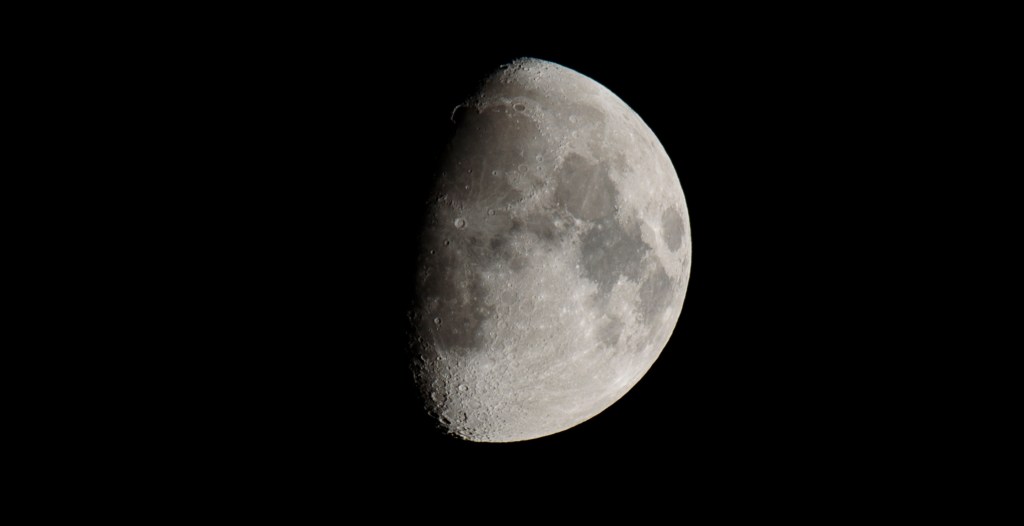Justin J. Pearson worries it’s only a matter of time before his water is no longer safe to drink. Pearson was born and raised in Shelby County, an area of south Memphis, Tennessee, that is predominantly Black. It’s a tight-knit community where you “either know someone directly or you get to know them very quickly,” Pearson said.
But he grew up exposed to greater levels of pollution than other, whiter, parts of the state. The pollution came from sources such as a nearby oil refinery, a wastewater treatment plant, a steel plant, and a busy cargo airport. It also came from the Allen Fossil Plant, a 990-megawatt coal facility built in the late 1950s by the Tennessee Valley Authority, a utility that is fully owned by the U.S. government.
Videos by VICE
Though retired in 2018, the plant site still contains large piles of coal ash that have yet to be cleaned up. And those piles could potentially leak heavy chemicals into the Memphis Sand Aquifer, the primary source of drinking water for Shelby County, according to a June report from the University of Memphis’ Center for Applied Earth Science and Engineering Research (CAESER).
“The folks who are going to be most impacted by that first are Black,” said Pearson, a lead organizer of a grassroots group called Memphis Community Against Pollution. “This is extraordinarily problematic and also scary.”
The utility has known for years that its Allen facility is polluting nearby water sources. In 2017, the Tennessee Valley Authority along with state environmental officials revealed high levels of arsenic near the former coal plant—in one groundwater well arsenic levels were more than 300 times higher than federally mandated limits. Arsenic can cause cancer when ingested for prolonged periods of time.
However, there is a natural barrier between the groundwater and the deeper aquifer, and as of late 2020, no arsenic has been detected in Memphis’ drinking water source, said Sarah Houston, who is executive director of the advocacy group Protect Our Aquifer. The arsenic is “in the surface water, which thank goodness, we’re not drinking,” Houston told VICE News.
The arsenic is “like a ticking time bomb that we need to disarm immediately”
But the new report from CAESER found there is a potential gap in the clay layer that separates these two water sources. “The findings show that water from the surface is starting to move vertically downward,” said Houston, who until recently was an associate director at CAESER. “That’s where the concern lies: The arsenic is not there yet, but it’s coming towards us; it’s almost like a ticking time bomb that we need to disarm immediately.”
A spokesperson for the Tennessee Valley Authority referred VICE News to a press release, which described the study as “preliminary” and “tentative.” “The Memphis aquifer is a precious natural resource and TVA remains committed to its continued protection,” J. Cedric Adams, principal project manager at the Allen Fossil Plant, said in the release. “It is important to note that publicly available data shows that activities at the Allen Fossil Plant have not impacted the Memphis aquifer.”
But if that turns out to be wrong Black people may suffer. The former Allen plant, along with many other industrial facilities, was built near the state’s only majority-Black county. And that’s no coincidence, Pearson said. “It’s a legacy of redlining,” he explained, referring to a racist federal government housing policy started in the 1930s that classified certain areas of U.S. cities, most of which were non-white, as risky for real-estate lending. In neighborhoods that were “redlined,” Black and brown people couldn’t get mortgages. This helped depress land values and resulted in those areas becoming an attractive place for heavy industry.
“Like most urban locations in the U.S., the major industrial facilities in Memphis are primarily clustered in or close to minority neighborhoods,” says a 2014 study in the International Journal of Environmental Research and Public Health, which found that Black people in those neighborhoods have a 6 percent higher risk of getting cancer than people in majority-white neighborhoods further from the pollution sources.
Set up by the Roosevelt administration in 1933, the Tennessee Valley Authority was also created during the redlining period. Though it doesn’t receive federal money and must generate its own revenues, the authority’s board is personally appointed by the president. President Joe Biden appointed four board members this spring. It operates a large network of nuclear, coal, gas, and hydro facilities.
Due to its heavy reliance on fossil fuels—renewables account for only 3 percent of its generation—the Tennessee Valley Authority is a major source of greenhouse gases. Its activities are a large reason why the U.S. government is ranked as the No. 6 emitter in the country by the University of Massachusetts Amherst, five spots higher than Exxon. Until it shut down three years ago, the authority’s Allen plant burned 7,200 tons of coal each day, sending 11,000 tons of sulfur dioxide and 2,600 tons of nitrogen oxide into Shelby County and other nearby areas.
The authority is replacing its shuttered Allen plant with a new facility that burns natural gas; it plans to shut down all its coal plants by 2035. In the meantime, the Tennessee Valley Authority says it will start cleaning up the coal ash waste from the Allen facility starting this month.
“It is a top priority of ours to safely and effectively dispose of that coal ash by removing it and moving (the coal ash) to a licensed landfill and we’re committed to mitigating groundwater contamination that may be there as a result of the coal ash,” TVA President Jeff Lyash told a congressional committee last month.
Local environmental groups aren’t exactly celebrating. The recent CAESER report suggests a much more comprehensive clean-up than what the Tennessee Valley Authority is proposing, explained Amanda Garcia, director of the Tennessee Office for the Southern Environmental Law Center. The authority doesn’t expect to be done remediating the site until 2030. And Garcia said its record doesn’t inspire much confidence.
In December 2008, a dike at an authority power plant near Kingston, Tennessee, broke and spilled over a billion gallons of coal ash into the Emory River. At least three dozen clean-up workers later died of cancer and other diseases.
“Removing the coal ash—the source of pollution—is a necessary first step to protecting the aquifer from arsenic and other coal ash contamination,” Garcia said of the Allen site’s ongoing toxic legacy. “But it’s not the end of the story.”
Follow Geoff Dembicki on Twitter.
Have a story for Tipping Point? Email TippingPoint@vice.com
More
From VICE
-

Actors Kayte Walsh, Sacha Baron Cohen, Larry David and Kelsey Grammer presumably not discussing the need for 'Curb' to move (Photo by Kevin Mazur/VF17/WireImage) -

Things weren't always great for Tim Allen (Photo by Kypros/Getty Images) -

One of these guys was almost on 'SNL' (Photo by Jeffrey Mayer/WireImage) -

Katherine Forbes/Getty Images
